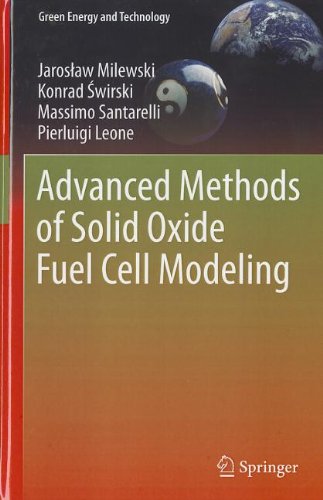

Most ebook files are in PDF format, so you can easily read them using various software such as Foxit Reader or directly on the Google Chrome browser.
Some ebook files are released by publishers in other formats such as .awz, .mobi, .epub, .fb2, etc. You may need to install specific software to read these formats on mobile/PC, such as Calibre.
Please read the tutorial at this link: https://ebookbell.com/faq
We offer FREE conversion to the popular formats you request; however, this may take some time. Therefore, right after payment, please email us, and we will try to provide the service as quickly as possible.
For some exceptional file formats or broken links (if any), please refrain from opening any disputes. Instead, email us first, and we will try to assist within a maximum of 6 hours.
EbookBell Team

5.0
98 reviewsFuel cells are widely regarded as the future of the power and transportation industries. Intensive research in this area now requires new methods of fuel cell operation modeling and cell design. Typical mathematical models are based on the physical process description of fuel cells and require a detailed knowledge of the microscopic properties that govern both chemical and electrochemical reactions. Advanced Methods of Solid Oxide Fuel Cell Modeling proposes the alternative methodology of generalized artificial neural networks (ANN) solid oxide fuel cell (SOFC) modeling.
Advanced Methods of Solid Oxide Fuel Cell Modeling provides a comprehensive description of modern fuel cell theory and a guide to the mathematical modeling of SOFCs, with particular emphasis on the use of ANNs. Up to now, most of the equations involved in SOFC models have required the addition of numerous factors that are difficult to determine. The artificial neural network (ANN) can be applied to simulate an object’s behavior without an algorithmic solution, merely by utilizing available experimental data.
The ANN methodology discussed in Advanced Methods of Solid Oxide Fuel Cell Modeling can be used by both researchers and professionals to optimize SOFC design. Readers will have access to detailed material on universal fuel cell modeling and design process optimization, and will also be able to discover comprehensive information on fuel cells and artificial intelligence theory.